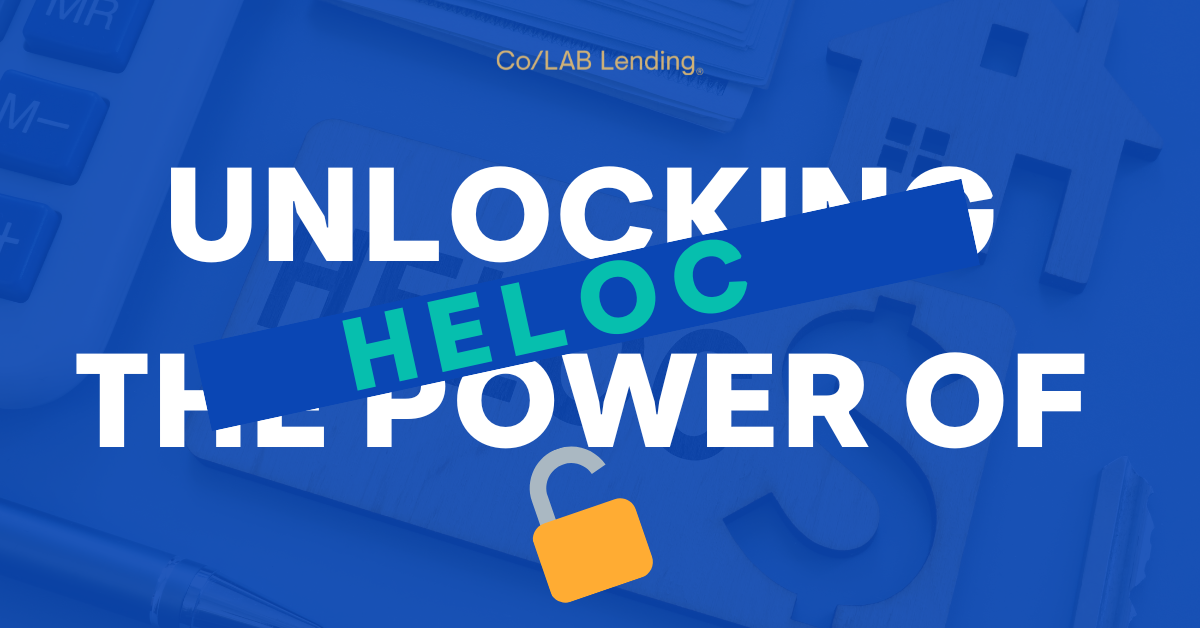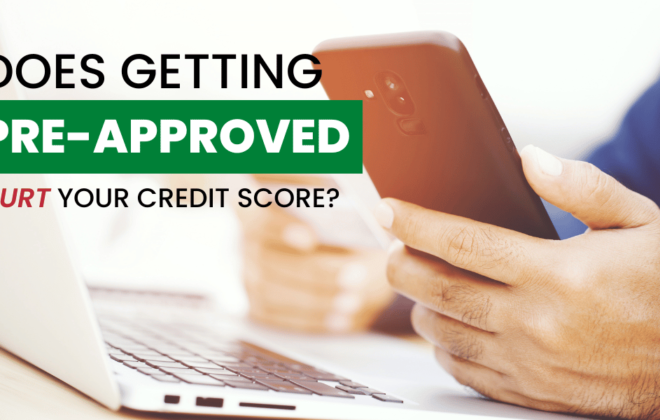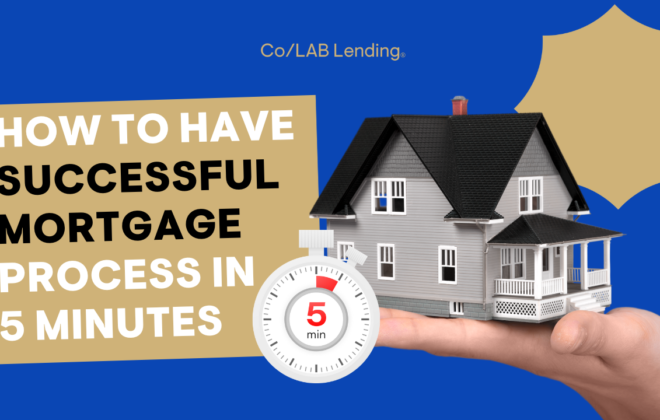Understanding HELOC: A Guide for Homeowners
What is a HELOC?
The Basics of HELOC
A Home Equity Line of Credit, or HELOC, is a type of loan that allows homeowners to borrow money against the equity in their homes. Equity is the difference between the market value of your home and the amount you still owe on your mortgage. A HELOC works much like a credit card, giving you a line of credit that you can draw from as needed. This flexibility makes it a popular choice for homeowners who need access to funds over a period of time rather than in a lump sum.
How Does a HELOC Work?
A HELOC has two phases: the draw period and the repayment period. During the draw period, which typically lasts 5-10 years, you can borrow up to your limit, and you’re usually only required to make interest payments. This phase offers a lot of flexibility, as you can borrow as much or as little as you need, up to your limit. The repayment period, which typically lasts 10-20 years, is when you must start paying back both the principal and interest. It’s important to note that once the draw period ends, you can no longer borrow from your HELOC.
Benefits of Using a HELOC
Home Improvements
One of the most common uses of a HELOC is to fund home improvements. These improvements can increase the value of your home, making it a potentially profitable investment. For example, you might use a HELOC to remodel your kitchen, add a bathroom, or build an addition. These improvements can not only enhance your enjoyment of your home but also increase its market value. Plus, the interest you pay on a HELOC used for home improvements is typically tax-deductible.
Debt Consolidation
A HELOC can also be used to consolidate high-interest debts, such as credit card debt, into a single, lower-interest payment. This can save you money in the long run and simplify your finances. However, it’s important to remember that by doing this, you’re securing your debt with your home. If you fail to repay the HELOC, you could risk losing your home.
How to Use a HELOC Effectively
Tips and Strategies
To use a HELOC effectively, it’s important to have a clear plan for how you’ll use the funds and how you’ll repay them. It’s also crucial to understand the terms of your HELOC, including the interest rate and repayment schedule. Here are a few tips:
- Only borrow what you need: While it can be tempting to borrow up to your limit, it’s best to only borrow what you need. This will make repayment more manageable and minimize the amount of interest you pay.
- Make regular payments: During the draw period, try to pay more than just the interest. This will help reduce your balance and make repayment easier during the repayment period.
- Have a repayment plan: Before you open a HELOC, have a clear plan for how you’ll repay the funds. This could involve setting aside money each month, using a tax refund, or using income from a side job.
Maximizing Home Value with HELOC
Investment Opportunities
A HELOC can be a valuable tool for homeowners looking to invest in real estate or other opportunities. The borrowed funds can be used to purchase an investment property, start a business, or invest in the stock market. However, it’s important to carefully consider the risks and potential returns of any investment before using a HELOC in this way. For example, if you’re considering using a HELOC to invest in the stock market, you should be aware that the stock market can be volatile, and there’s a risk you could lose money.
Conclusion
A HELOC can be a powerful financial tool for homeowners, offering flexibility and opportunities to leverage home equity for various purposes. Whether you’re looking to make home improvements, consolidate debt, or invest in new opportunities, a HELOC can provide the funds you need. However, it’s important to use this tool wisely and understand the potential risks involved. Always have a clear plan for how you’ll use and repay the funds, and consider seeking advice from a financial advisor to ensure you’re making the best decisions for your financial situation.
FAQs
1. What is the difference between a HELOC and a home equity loan?
A home equity loan is a lump sum loan with a fixed interest rate, while a HELOC is a line of credit with a variable interest rate.
2. Can I use a HELOC for purposes other than home improvements?
Yes, you can use a HELOC for a variety of purposes, including debt consolidation, education expenses, or even to start a business.
3. What happens if I can’t repay my HELOC?
If you can’t repay your HELOC, the lender could potentially foreclose on your home. It’s important to borrow only what you can afford to repay.
4. How can I get a HELOC?
To get a HELOC, you’ll need to apply through a lender. The lender will consider your home’s value, your equity, your credit score, and your income to determine if you qualify.
5. What are the potential risks of a HELOC?
The main risk of a HELOC is that your home is used as collateral. If you can’t repay the loan, you could lose your home. Also, because HELOCs have variable interest rates, your payment could increase if interest rates rise.
Mortgage Consultation Today!
Categories
- Credit (4)
- FHA Loans (3)
- Finances (3)
- First Time Home Buyers (6)
- Grab Bag (7)
- Home Technology (1)
- Homebuying Tips (17)
- Inspiration (1)
- Insurance (3)
- Interest Rates (3)
- Loan Process (1)
- Mortgage Financing (14)
- Motivation (1)
- News (1)
- Press Release (8)
- Renovation (2)
- Self Employed (1)
- Tips & tricks (1)
- Uncategorized (134)
- USDA Loans (1)
- VA Loans (2)




